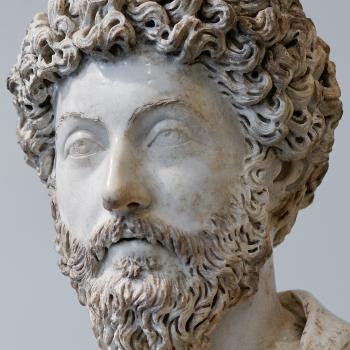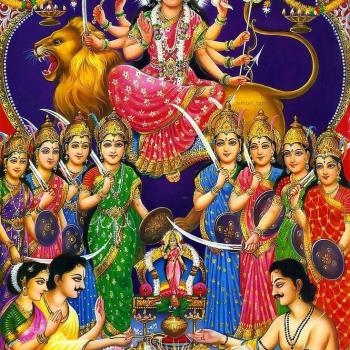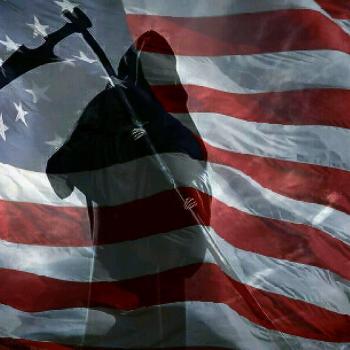Priesthood is important to Mormons. It is the organizing principle for the LDS Church and it is central to our understanding of the Church and its meaning. Yet there are things about the priesthood that I don't understand, at least not intellectually. For example, I don't understand why the priesthood has been and continues to be withheld from some within the community of the Saints. That is out of harmony with the ways we usually make sense of things in today's world.
Of course exclusion isn't new. After Moses, Israel excluded all from the priesthood except Levites. Mormons excluded Blacks for more than 100 years of our history, though that ceased in 1978. And until relatively recently almost every Christian denomination has excluded women from the priesthood. With some others, Mormons still do. But that something has been done for a long time doesn't by itself make it right, so the question remains why some are excluded.
There are presently almost no ordinances (rites) in which LDS women can officiate. Doctrinally, marriage in the temple allows women to take part as equal partners in divine power in the hereafter: we can become "priests and priestesses" before God (W. W. Phelps, Times and Seasons 6.10, page 18; italics added).
In principle in God's kingdom men and women are equal persons in power and glory. But women may not act as priestesses in mortality, though men act as priests. How much of that exclusion is social, historical, and cultural, and how much is based on divine revelation?
Many Mormon women appear not to be bothered by the fact that they cannot hold the priesthood. Those who are married or anticipate being married often think of their work as marriage partners and mothers as already an exercise of divine power. But that parallel to priesthood is weak since both women and men have the power of parents, and they have it whether or not they are Mormon and without ordination, but only Mormon men hold the priesthood. In spite of the weakness of the parallel, many Mormon women explain their relationship to the priesthood in something like those terms, perhaps because they don't have other terms.
Or perhaps something true lies latent in their comfort with their status. The recent proclamation on the family made by the highest leaders of the LDS Church says that gender is eternal, suggesting that there may be other terms in which to think about men, women, and priesthood authority. The weak explanation may somehow be tied to that theological claim and the possibilities that are implicit in it but not worked out theologically.
Though many LDS women are relatively unfazed by the fact that they cannot have the priesthood, I know intelligent, faithful, good women who are bothered by it, some of them deeply. Many of these women are bothered because they are not able to hold the most important local and general leadership positions.
Their desire to have such positions might appear to be a desire for authority over others and, therefore, to some degree something unrighteous. But more often the desire seems to manifest a concern that women are more-or-less hidden from church leaders by their exclusion from priesthood positions. Presumably having women in positions of priesthood leadership would make them more visible in the Church as a whole.
Those with this concern have difficulty understanding how women can have a voice in the Church with little and sometimes no participation in its leadership. I assume that the relatively recent emphasis on governing with councils, which include women, is intended to help ameliorate that. But the highest of these councils, at the ward (congregational), stake (multi-congregational), and general church level, include no women.
Others who are concerned don't see the problem in terms of having priesthood authority. Some of the most powerful complaints I've heard are from those who don't understand why they would be only the recipients of God's power and never its vehicle. I have had memorable, powerful spiritual experiences that came through giving priesthood blessings. Those are experiences a Latter-day Saint woman cannot have except indirectly.





